
Get upto 50% off in New Year Offer

Get upto 50% off in New Year Offer

As AI-generated content tools become more advanced and accessible, there is a debate about whether search engines like Google will start penalising content that has been fully or partially created using AI. In this article, we will explore both sides of this debate and discuss what the current policies of major search engines indicate about ai generated search engines and AI-generated content.
There are a few valid concerns that support the argument that search engines may start penalising AI-generated content:
AI marketing content without any human review or editing lacks the nuanced human judgment needed to ensure it is high-quality, relevant, and not misleading in some way. Search engines want content on their pages to have been vetted by people.
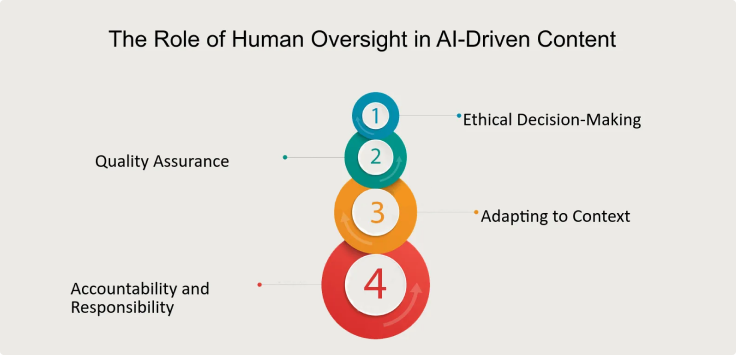
AI tools for content marketing are trained on large amounts of data to generate highly optimised content. But it reads in an unnatural, machine-like way that offers little value to users. Search engines don’t want pages full of content just created to game their algorithms.
If an AI system is trained on copyrighted content without permission, the content it generates could potentially violate those copyrights. Additionally, who owns content fully created by AI. The AI system creator or someone else? Unclear copyright and ownership of AI-generated content could introduce legal risks.
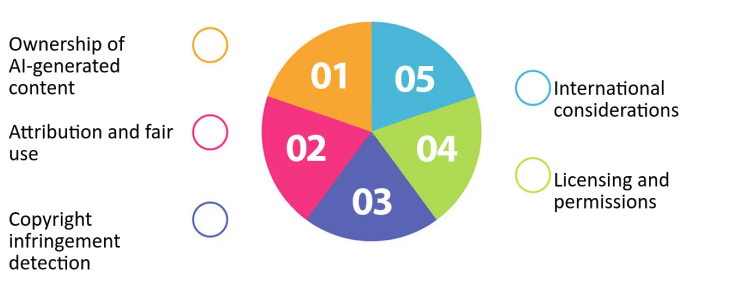
Without careful oversight and restrictions on training data, AI systems are susceptible to unintentionally spreading misinformation or amplifying existing biases in data. This could mislead users or promote the spread of factually inaccurate content. Search engines aim to limit the spread of misinformation.
So, without proper human review and accountability in the creation process, AI-generated content raises valid quality, relevance, ownership, and reliability concerns for search engines. This provides a plausible case that they may start penalising such content.
Also Read | 16 Paraphrasing Tools List To Improve Content Quality in 2024
However, there are also reasonable counter-arguments as to why search engines may not broadly penalise AI-generated content:
Many see AI not as a replacement for humans but as an assistive technology that extends human capabilities, similar to tools like word processors. Content wouldn’t automatically be devalued just for using AI tools.

As long as content discloses where and how AI was involved in generation, that provides needed transparency without necessitating penalties. users can then evaluate on their own.
AI allows the fast, efficient production of large volumes of initial content drafts on timely topics to meet demand – a boon for publishers. Outright penalties could discourage innovation with emerging technologies.
With access to vast troves of high-quality data, AI systems may produce more consistent, less biased content than individual humans in some contexts by mitigating individual cognitive biases and inconsistencies. AI also enables highly customised recommendations.
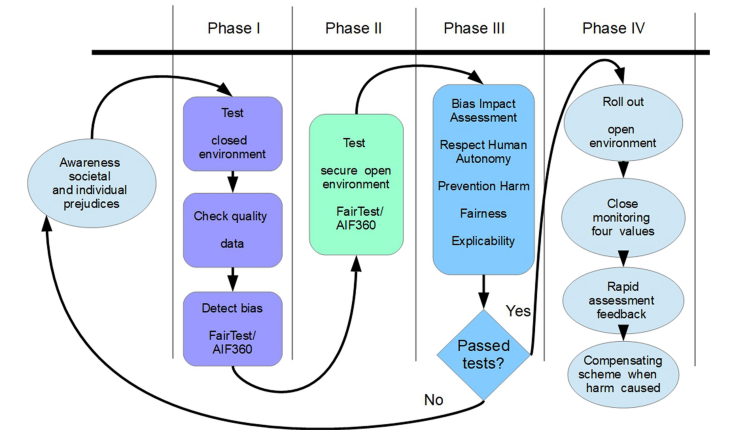
Even fully AI-generated drafts require human editors, publishers, and organisations to disseminate content. The existing entities and individuals behind any AI system provide an implicit layer of oversight, accountability, and filtering of what content sees the light of day.
Instead of penalties, search engines could provide best practices, transparency requirements, and guidance for usage of ai tools for content marketing – then monitor outcomes and only take action against deceptive practices as needed with a graded, case-by-case approach. Outright penalties may do more harm than good.
if proper safeguards, transparency, and oversight are applied, the benefits of ai tools for content marketing could outweigh the risks of harm. And penalties risk hampering innovation without necessarily solving issues – a graded approach focused on integrity may be preferable.
Let’s explore the current stated policies of major search engines:
Their policies do not currently explicitly penalise AI-generated content. However, they emphasise content should provide real value to users and not be deceptive, misleading or over-optimized. Google also requires proper disclosure of automated/AI involvement in content generation.
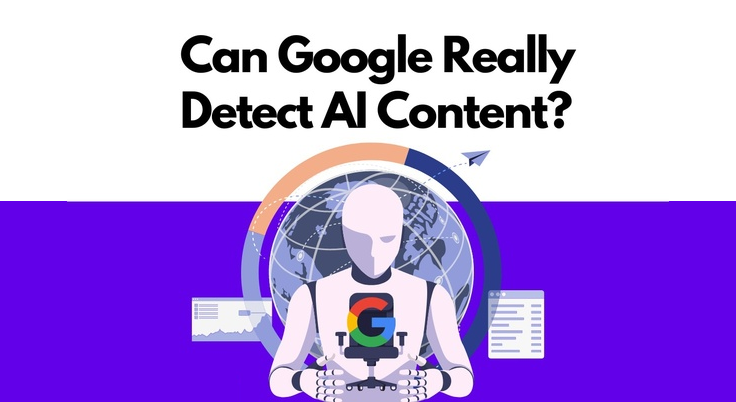
Microsoft’s search engine also has no explicit penalties but requires disclosures. They aim to avoid harmful, illegal or deceptive practices while allowing beneficial uses of AI to improve search capabilities.
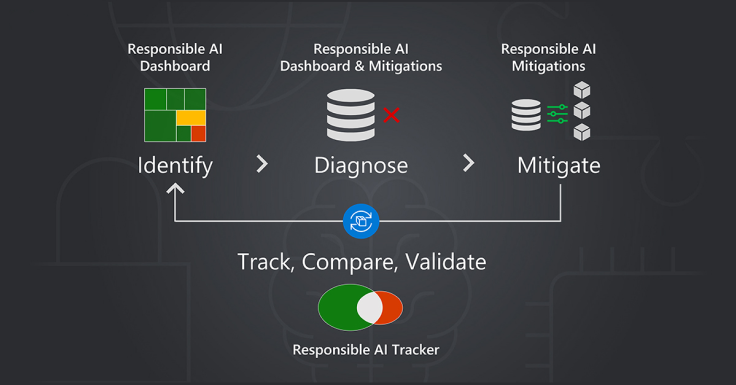
The privacy-focused search engine also requires transparency. They view AI as a tool that should be developed and applied responsibly to solve problems without compromising user privacy, security or ethical standards.
While major search engines closely monitor developments, none have instituted outright penalties against AI-generated content. Their policies focus on transparency, integrity, user value and avoiding harm – not hindering innovation. And search engines utilise AI themselves for things like ranking, recommendations and knowledge panels.
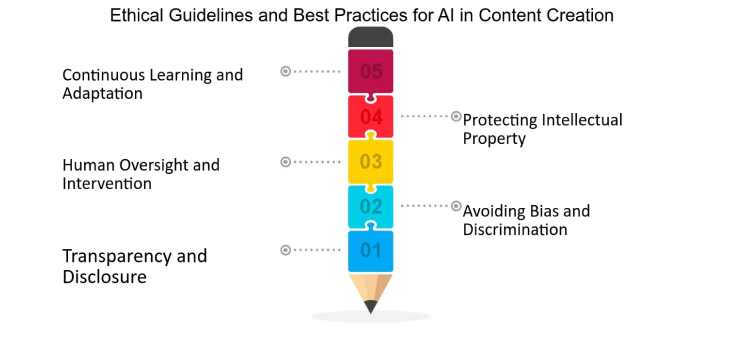
Given current policies indicate search engines are open but cautious, the most responsible approach is to utilise AI for AI tools for content marketing transparently and ethically. Some best practices include:
By applying oversight, transparency and prioritising user value over manipulation, AI-generated content can become a powerful innovation aid without concern for penalties from search engines. Proper precautions now foster opportunities rather than risks as these technologies continue advancing.
In short, while search engines closely monitor developments, current policies indicate they do not aim to penalise outright AI-generated content – only harmful, deceptive or unethical practices. Responsible, transparent use following integrity best practices allows AI to enhance content marketing without risking future repercussions. The tools are here to stay, so focusing on quality, safety and user value provides the best path forward with both innovation and search engine guidelines in mind.

Streamline your marketing efforts with AI-powered working design — Organize, collaborate, and optimize your marketing campaigns all in one place!

Join now to shape the future of MangePlus
Don’t miss out
Content Writing | SEO | SEM